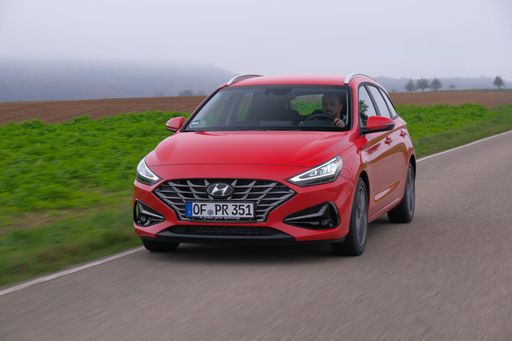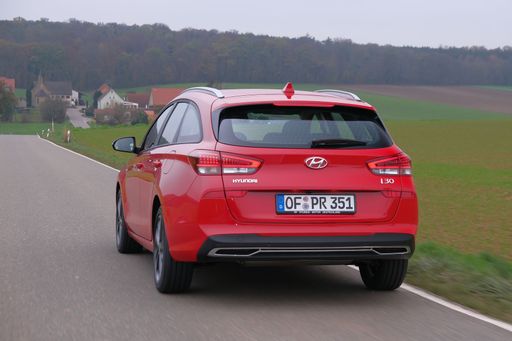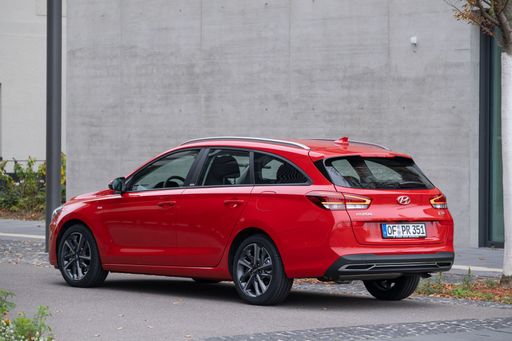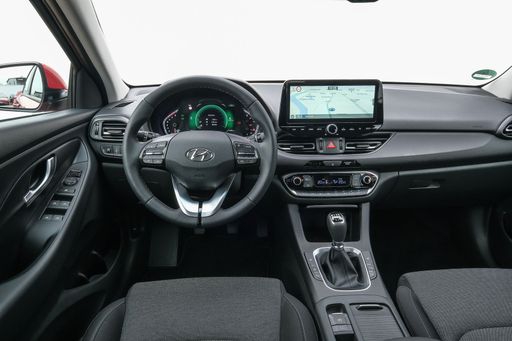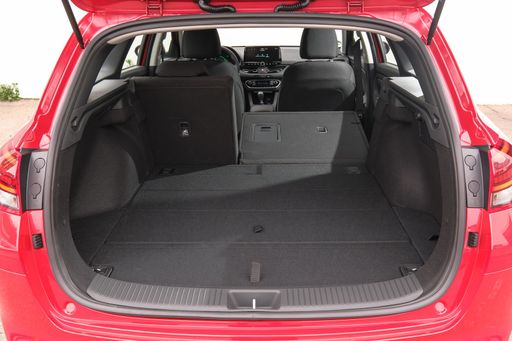Evolving Choices: Hyundai i30 Kombi vs Hyundai Tucson
The automotive world offers a plethora of choices, and for those eyeing a Hyundai, the decision between the i30 Kombi and the Tucson can be tough yet fascinating. Both belong to Hyundai’s renowned line-up, presenting distinct characteristics tailored to varying preferences and requirements. In this comparison, we delve into the technical aspects and innovations of these two models to help you make an informed decision.


